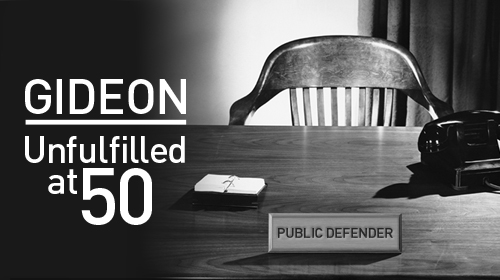
This piece was originally posted by the Move to End Violence.
Like so many people, I’ve been haunted by the stories describing the sexual assaults perpetrated against young women in Delhi. The crimes are horrific, and the reported victim-blaming only compounds the horror. We lost the young student, who died after a vicious attack by several men on a bus. Unbelievably she was faulted by some for being out at night. We lost the 17-year-old girl, who committed suicide after the police refused to open a formal inquiry into her sexual assault and pressured her to either accept a cash settlement or marry one of her attackers.
It’s painful and infuriating to learn about their experiences and the ways the government and society failed them. It’s especially so because much of what they experienced is far too familiar, mirroring the same systemic problems that survivors here in the U.S. face. Violence against women is not just a human rights issue abroad. There is so much work we must do here at home.
This past year, we were confronted with (former U.S. Representative from Missouri) Todd Akin’s infamous comments about legitimate rape, the failure to reauthorize the Violence Against Women Act (the primary federal law providing services and legal protections to survivors), and the recent case in Steubenville, Ohio, where high school athletes are accused of assaulting an unconscious 16-year-old girl as other young people stood by.
These are all chilling reminders that it is notoriously difficult to obtain any measure of justice for survivors of rape and other forms of gender-based violence in the United States. Some are grilled by law enforcement about how they were dressed or whether they drank alcohol, and some are accused of making it all up. Others encounter a legal system that creates hurdle after hurdle (whether because they cannot afford an attorney, were raped on tribal land or while serving in the military, or some other reason), leaving them and all of us with the unmistakeable message: we condone violence against women.
As people march in the streets of Delhi, reforms are debated, and Indians demand that the government strengthen its response to sexual violence and respect victims, I’m focused on what our next steps must be here in the United States. How do we build a movement to that will truly end violence? Our purpose must be broader than punishing individual perpetrators. We need more fundamental social change to address how violence is learned and perpetuated, and victims are trivialized, ignored, and shamed.
And that is why I feel honored and compelled to be a part of Move to End Violence, an initiative aimed at creating a social justice movement to end violence against women and girls in the United States. At the ACLU, our work centers on holding governments and institutions accountable for violating the human and civil rights of survivors of domestic and sexual violence. I look forward to partnering with advocates who have a wealth of knowledge from working in their communities, using organizing, education, the arts, and advocacy, to build a movement that tackles root causes of violence in visionary, strategic and inclusive ways.
Learn more about domestic violence: Sign up for breaking news alerts, follow us on Twitter, and like us on Facebook.

